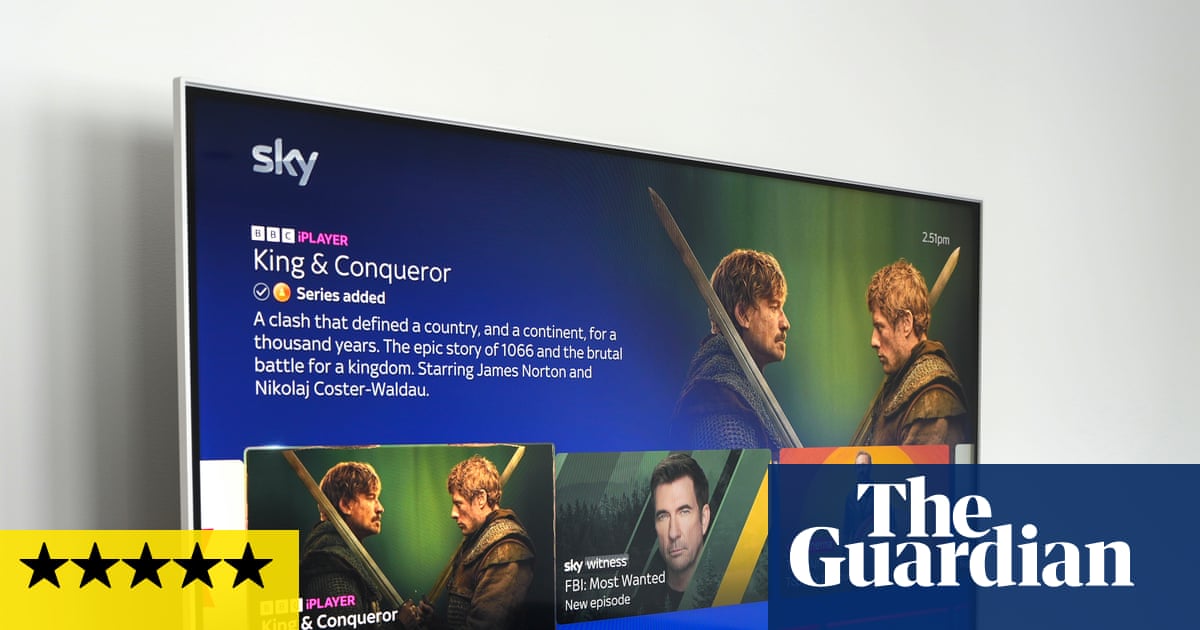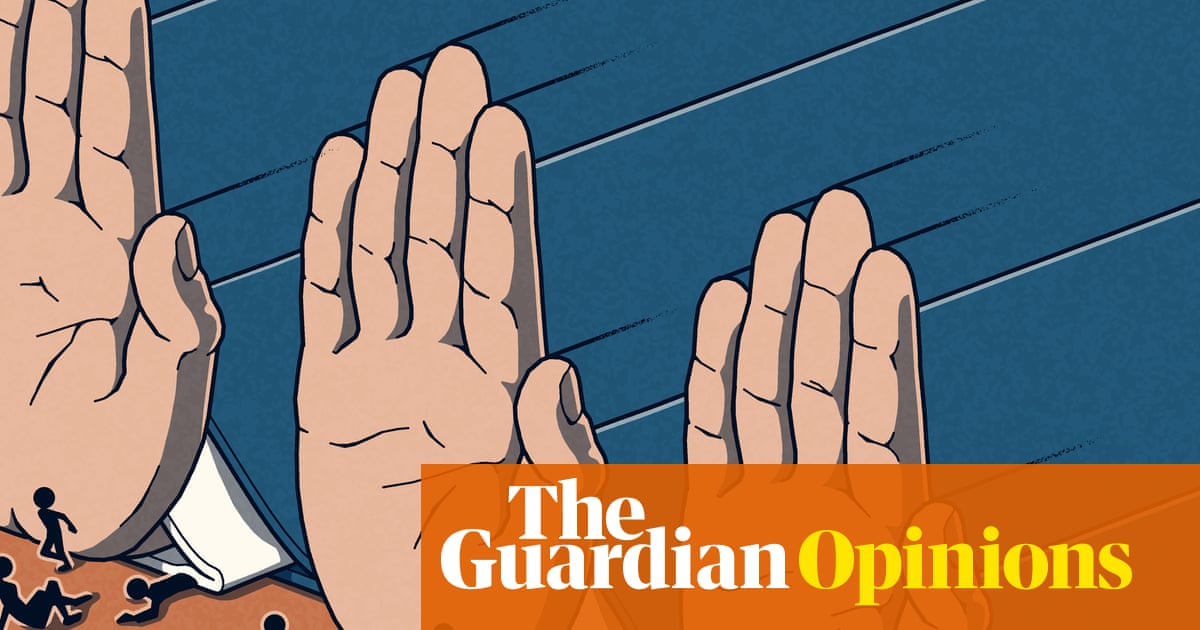Who knows where you are right now? Your friends, your boss? Maybe your parents? How about your partner? According to recent research by the Office of the eSafety Commissioner, “nearly 1 in 5 young people believe it’s OK to track their partner whenever they want”.
As a long-term and stubbornly-vocal privacy advocate, I find this alarming. It’s hard to imagine a bigger red flag than someone wanting to keep tabs on my daily movements. It’s not that I’m doing anything remotely secretive: my days are most often spent working from home, punctuated by trips to the bakery – scandalous! But it’s not about whether I have anything to hide from my partner. Everyone ought to have the right to keep things to themselves, and choose when they do or don’t share.
After reading this study I became troubled by a niggling feeling that perhaps I’m standing alone in the corner of the party while all my friends share their locations with one another. So I conducted a highly unscientific survey of people in my life. As it turns out, aside from a small handful who share my resistance, lots of people are indeed keeping digital tabs on one another.
Many constantly share their location with their partner, or use apps like Life360 or Find My Friends. Some groups of friends all do it together, and talk of it as a kind of digital closeness where physical distance and the busyness of life keeps them apart (I assure myself that I’m not invited to the tracking party for obvious reasons). Others use apps to keep familial watch over older relatives – especially when their health may be in decline. Obviously this is anecdotal, but it seems people are using all kinds of digital monitoring for all kinds of reasons, not all of them nefarious. Some research suggests the notion of “careful surveillance” can form intimacy in ways that complicates typical ideas of privacy.
It’s hard to ignore the gendered nature of all this. The eSafety Commissioner’s research specifically highlights that men are significantly more likely to consider intimate partner monitoring as reasonable and a “sign of care”. Conversely, women tell me they digitally track one another as a safety mechanism while walking home at night, travelling alone or out on dates – specifically as a response to the terrifying state of men’s violence against women. Likewise, research shows how some women perceive their phone as a key tool to mitigate safety risk.
Perhaps one of the most disturbing notions is that acceptance of digital monitoring is often presented as a way to create – rather than undermine – a sense of trust. When government officials or tech industry bigwigs proclaim that you should be OK with being spied on if you’re not doing anything wrong, they’re asking (well, demanding) that we trust them. But it’s not about trust, it’s about control and disciplining behaviour. “Nothing to hide; nothing to fear” is a frustratingly persistent fallacy, one in which we ought to be critical of when its underlying (lack of) logic creeps into how we think about interacting with one another.
When it comes to interpersonal surveillance, blurring the boundary between care and control can be dangerous. The eSafety Commissioner is right to raise concerns that many of these behaviours are characteristic of tech-based coercive control, and to call out that use of digital spying tools by parents on their children has “anaesthetised young people to the whole idea of being monitored”, teaching them that surveillance is a form of love. Just as normalising state and corporate surveillance can lead to further erosion of rights and freedoms over time, normalising interpersonal surveillance seems to be changing the landscape of what’s considered to be an expression of love – and not necessarily for the better.
Many parents opt to use digital monitoring apps for fear for their children’s safety. But this troubled association between surveillance and safety doesn’t just come from protective parents: it’s a long-held position of police, intelligence agencies and even politicians. It can be found in the repeated attempts to undermine end-to-end encryption, despite secure communications being essential to many people’s online safety. It’s in the moves to put facial recognition into CCTV cameras throughout Melbourne, despite it being well documented that such technologies demonstrate racial bias and exacerbate harms against people of colour. It’s in assuring students that university wifi tracking and campus cameras are for safety, then weaponising it against them for protesting. We ought to be very critical of claims that equate surveillance with safety.
after newsletter promotion
As is often the case with issues of privacy, the boundaries between what might be OK and what feels intrusive generally comes back to a few key principles. This includes meaningful consent (do you know when, how and why it’s being used, and do you have the ability to say no without repercussions?) and purpose limitation (is it for specific situations? Or is it all the time and for any reason?). As always, questions of who holds power and agency are crucial.
Maybe these are markers of changing notions of love and care in a time of rampant surveillance, but, as always, we ought to be careful about what we usher in as the new normal. For me, I’ll be holding on to a more offline kind of love.

 3 months ago
167
3 months ago
167

















































